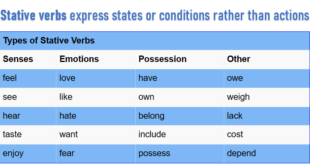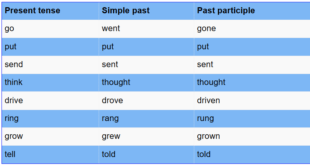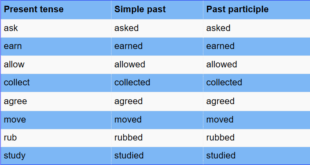![]()
We use the future progressive tense (also called the future continuous tense) to express a situation or action in progress at a specific time in the future.
- We will be waiting for you when you arrive.
- You will be cooking tomorrow at 11 a.m.
- They will be helping me do the task tomorrow.
Form: subject + will + be + verb-ing
| Positive | Negative | Question |
| I will be playing. | I will not be playing. | Will I be playing? |
| You will be walking. | You will not be walking. | Will you be walking? |
| He will be cooking. | He will not be cooking. | Will he be cooking? |
| She will be sleeping. | She will not be sleeping. | Will she be sleeping? |
| It will be working. | It will not be working. | Will it be working? |
| We will be sitting. | We will not be sitting. | Will we be sitting? |
| They will be eating. | They will not be eating. | Will they be eating? |
We can use question words (who, what, when, where, why, how) before the helping verb “will” in interrogative sentences.
- Where will I be playing?
- What will he be cooking?
- How long will you be walking?
- When will it be working?
Short answers in simple past tenses
Will you be cooking dinner tomorrow?
- Yes, I will. [We cannot use any contraction in positive answers.]
- No, I won’t.
Will they be staying for dinner?
- Yes, they will. [We cannot use any contraction in positive answers.]
- No, they won’t.
future progressive, envocabulary.com


